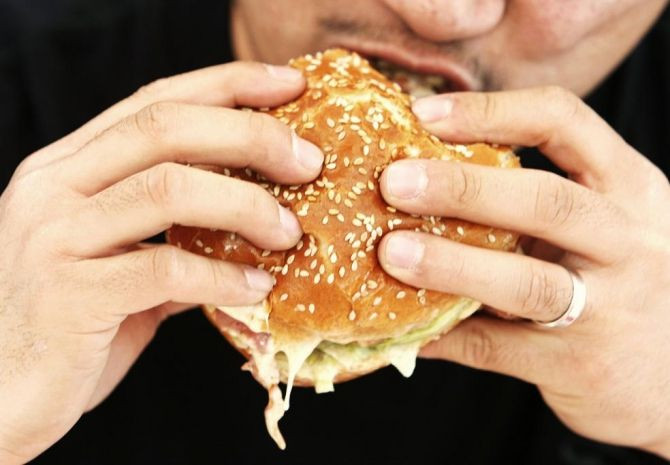Cutting Out Gene Makes Mice Resistant To Obesity, Could Work For People

Researchers from the University of Colorado School of Medicine may have found a gene, that when disabled, can prevent mice from becoming obese, even if they were on a high fat diet.
"When fed a diet that induces obesity these mice don't get fat," said Prof. James McManaman, Ph.D., lead author and vice-chairman of research for Obstetrics and Gynecology at the University of Colorado School of Medicine. "It may be possible to duplicate this in humans using existing technology that targets this specific gene."
The study in which researchers "knocked out," or deleted, a specific gene called Plin2 in mice was published last month in the Journal of Lipid Research.
The Pln2 gene is known in mice and humans to control fat storage and metabolism and mice without the gene were resistant from becoming obese. Mice that are fed with a high fat diet usually become obese and have an increased appetite, yet these mice did not eat much and resisted getting fat even on a high fat diet.
The fat cells of the mice missing the gene were 20 percent smaller than normal mice and they had no inflammation that is usually associated with obesity.
"The mice were healthier," McManaman said. "They had lower triglyceride levels, they were more insulin-sensitive, they had no incidents of fatty liver disease and there was less inflammation in the fat cells."
"Now we want to know why this works physiologically," McManaman said. "We want to better understand how this affects food consumption."
"It could mean that we have finally discovered a way to disrupt obesity in humans," he said. "That would be a major breakthrough.
Because the gene exists in a similar form in humans researchers are hopeful that they will be able to easily translate animal studies into treatments or medications for people.
The report was published in the Journal of Lipid Research and can be found here.
Published by Medicaldaily.com



























